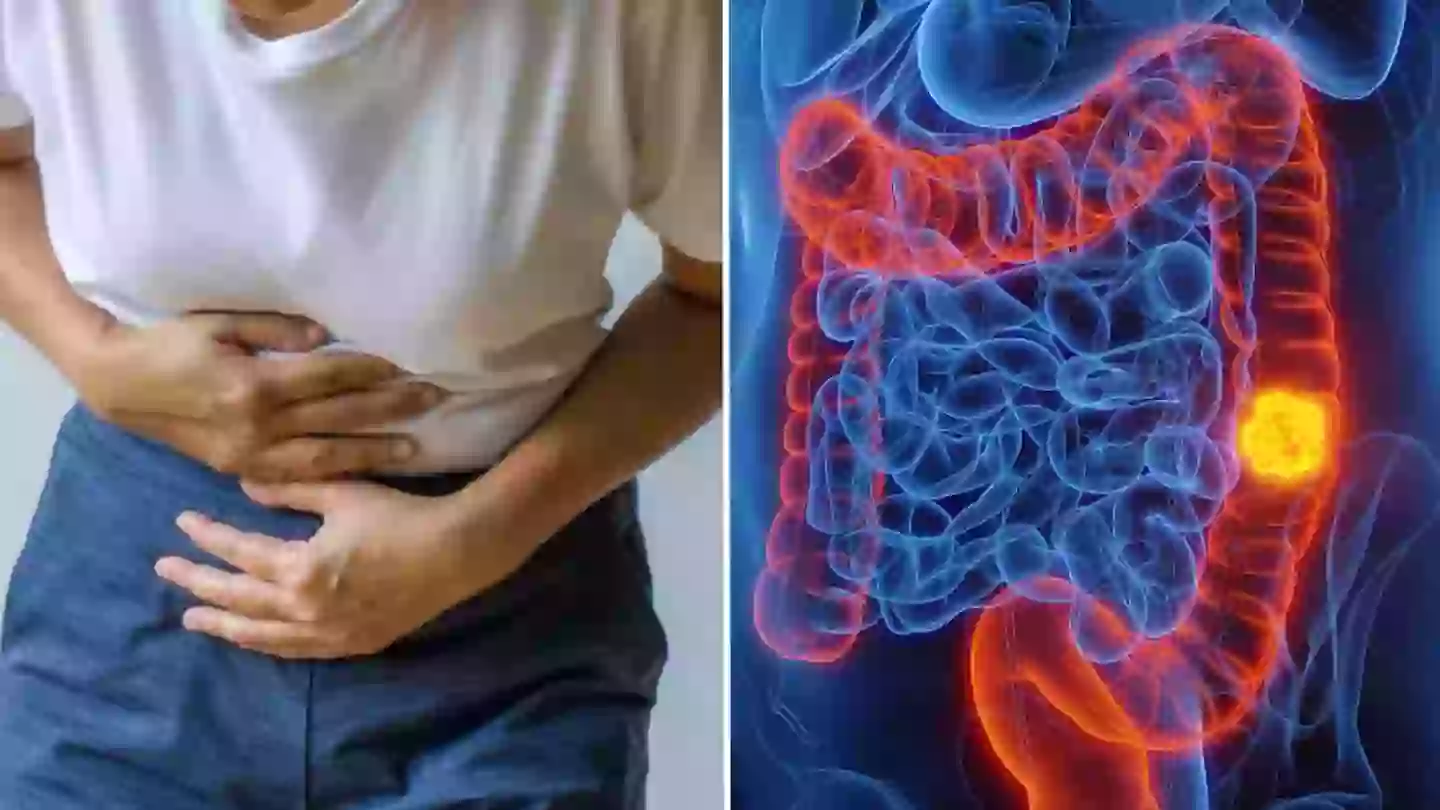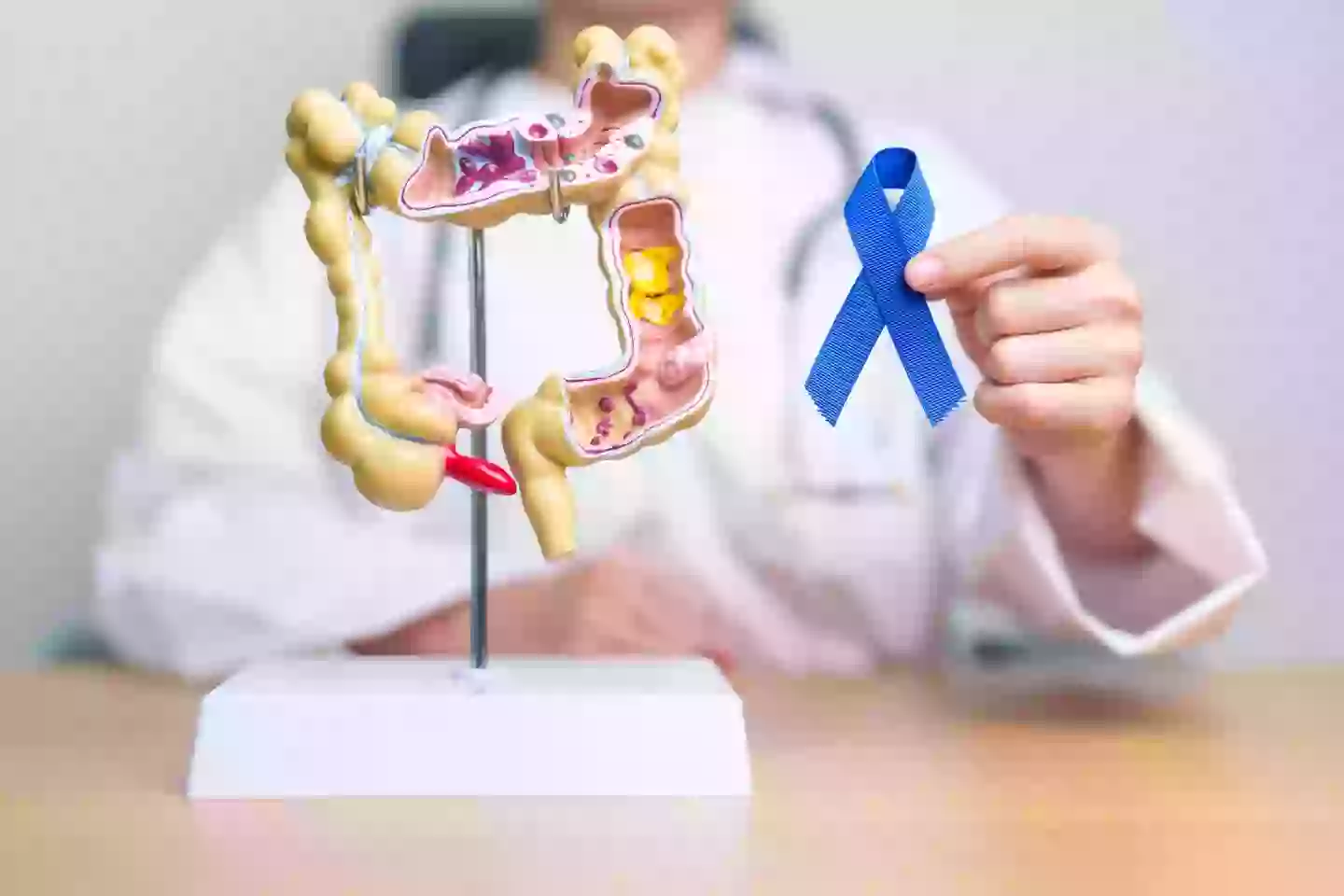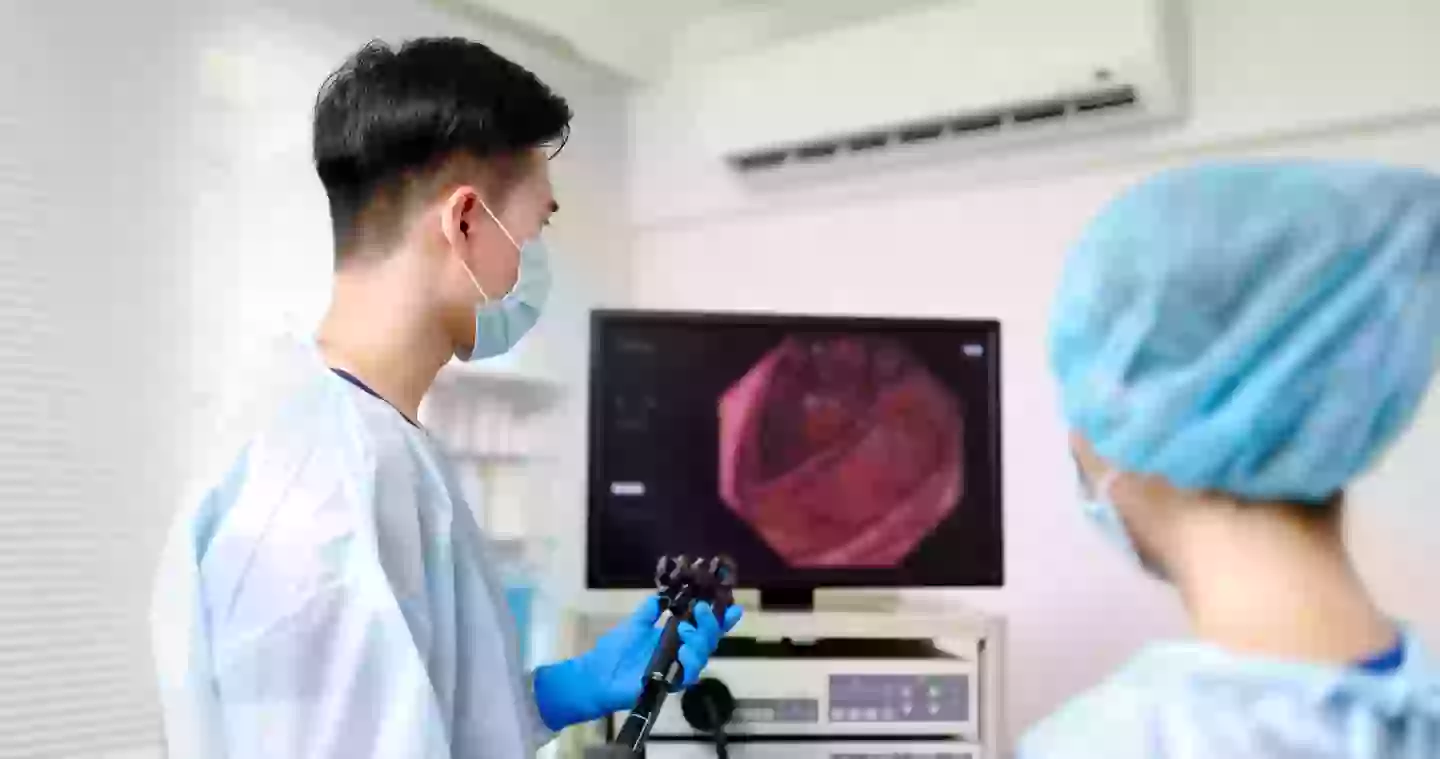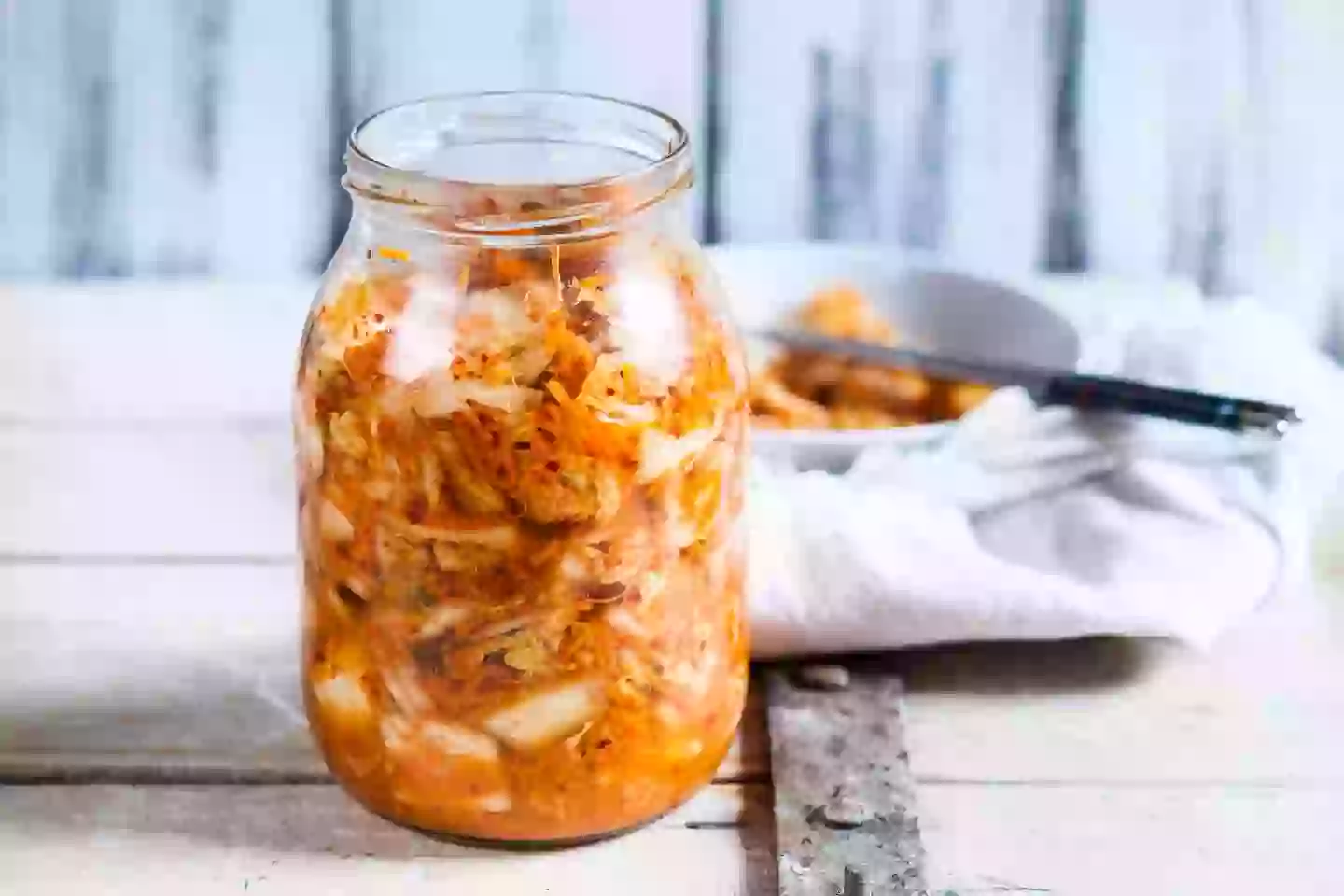
In recent years, more and more medics have used their platforms to spread awareness about the concerning surge of colon cancer cases - particularly in younger generations.
And with this in mind, one group of experts say both Gen Z and Millennial members of society can help lessen their chances of receiving the diagnosis by avoiding one particular food group.

Advert
As we say, colorectal/bowel cancer cases are statistically on the rise in individuals under the age of 50.
In fact, according to the New York Post, this has been an ever-looming reality since the 1990s.
In the UK right now, colon cancer is considered one of the most common variations of the disease, with Cancer Research UK claiming that approximately 44,100 new bowel cancer cases are diagnosed on our tiny island each year.
And with regard to our neighbours across the pond, an unnerving 2019 case study found that over 20 percent of colorectal cancer cases were in patients younger than 55 years of age.
Advert
A single reason for this rise can't yet be determined, though medics have thrown around the suggestion that the ongoing obesity epidemic may have something to do with it.
Others have suggested, meanwhile, that young people are simply less aware of the symptoms of the disease, being that there are considerably less of them than in other cancer forms - hence why medics often brand it a 'silent killer'.

The link between diet and colon cancer
According to three experts, it’s all to do with the Western diet, which is too good to share but isn't great for your health.
Advert
Known for its love of fast food, which is high in carbohydrates, sugars and fats and low in fibre, it’s a recipe for disaster.
Tim Spector, an epidemiologist, and scientific co-founder of health science company ZOE, told Newsweek that Gen Z and Millennial diets aren’t great.
He said: "It seems that younger generations want to eat well. However, because 'wellness' has become fashionable, there's a great deal of misinformation on social media. This can make it difficult for people of any age to know how to eat healthily.”
Because ultra-processed foods (UPF) are everywhere and are easily accessible, it’s hard to eat correctly.
Advert
For example, any fizzy drink is a UPF, and so is white bread. Even granola is ultra-processed.

Fibre in your diet is key
Dr Anne K. Mongiu, a colon and rectal surgeon shared that the key is eating plenty of fibre, and also gut-friendly foods like kimchi and other fermented snacks.
Advert
She said: "We know that high fibre diets can help reduce risk for colorectal cancer but unfortunately the American diet is typically low in fibre."
The doctor continued: "This kind of diet tends to promote obesity and issues with metabolism. There are multiple things that change when a person is obese and/or has metabolic syndrome. These conditions can change the environment within the body and lead to things like chronic inflammation, development and growth of cancers by affecting certain cells and increasing levels of hormones like leptin and adiponectin."
She added: "The high-fat content of this diet can activate certain pathways in the body that stimulate basic cell types (stem cells) that line the large intestine and trigger them to turn cancerous."

Eating to support a healthy, balanced gut
Spector explained that eating vegetables, whole grains, nuts and healthy fats, seeds, and oily fish is also key.
He added: "It's not enough to simply eat 'healthy' - you need to eat in a way that supports a healthy, balanced gut microbiome. This is where fermented foods really shine.”
Dr Michelle Hughes, a gastroenterologist, also considered that human-made chemicals that could mess with our body's hormones (Endocrine-disrupting chemicals) could also increase the risk of cancers.
She explained: "EDCs are small airborne particles and chemical pollutants is thought to be a significant contributor. These pollutants can disturb the healthy balance of bacteria in our intestines, causing inflammation and stress that can lead to cancer. Another factor is what's known as the 'birth cohort effect'.”
Dr Hughes added: "I have seen a rise in early onset colorectal cancer with patients presenting as early as their mid-20s, often with advanced disease.”
Topics: Cancer, Food and Drink, Gen Z, Health